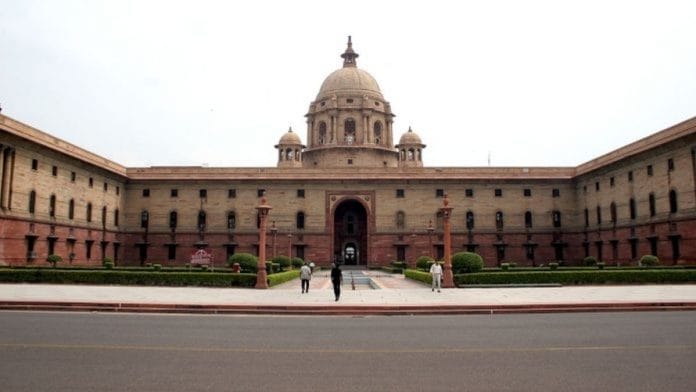New Delhi: The chiefs of the Army, Navy and Air Force will have aides-de-camp from among themselves in what is being seen as a step towards integration of the three services, referred to in military parlance as theaterisation.
This cross-posting is a departure from the tradition of having aides–de-camp from the same service.
The idea behind these cross-postings, it is learnt, is to make sister services aware of the workings and culture of each service to boost operational efficiency in the run-up to integration.
Aides-de-camp are military officers appointed as personal staff to chiefs and are involved in their day-to-day administrative tasks. They also accompany the chiefs on tours.
Progress on theaterisation
Theatrisation of the armed forces is being worked out by the Integrated Defence Staff headed by Chief of Defence Staff General Anil Chauhan. The process began in 2022 with the appointment of the first CDS, General Bipin Rawat.
The forces were to finalise the blueprint by the end of September 2024, as announced by General Chauhan. He said in September that the forces have been able to iron out 80 to 90 percent differences over the last two years.
The services together worked on nearly 180 tasks during this time. Major verticals that would see jointness include operations logistics, training, intelligence, communication and IT, maintenance and support, HR and, legal and administrative issues.
Prime Minister Narendra Modi had in May 2024 announced that theaterisation, seen as the biggest military reform the country has seen, would be complete within a year of his re-election.
Year of reforms: MoD
The Ministry of Defence in a year-end statement said 2025 will be the “year of reforms”, adding theaterisation would lay the foundation for unprecedented advancement in defence preparedness, ensuring India’s security and sovereignty amid challenges of the 21st Century.
Highlighting key points for a “focussed integration”, the ministry said reforms should aim to further bolster integration initiatives and facilitate the establishment of the integrated theatre commands.
It stated that reforms of the forces should focus on new domains such as cyber, space and emerging technologies like artificial intelligence, machine learning, hypersonics and robotics. Associated tactics, techniques and procedures required to win future wars should also be developed, the statement read.
It also said the services should develop a shared understanding of operational requirements and joint operational capabilities through inter-service cooperation and training.
On timely procurement, the statement added, “Acquisition procedures need to be made simpler and time-sensitive to facilitate swifter and robust capability development.”
It stressed the facilitation of technology transfer and knowledge sharing between the defence sector and civil industries, promoting public-private partnerships by improving ease of doing business, and focusing on collaboration across various stakeholders in the defence ecosystem.
The defence ministry statement also mentioned the need to break silos. “Effective civil-military coordination should aim to eliminate inefficiencies and optimise resources,” it added.
(Edited by Tikli Basu)
Also read: MoD inks Rs 1,990 cr deal with Mazagon Dock Shipbuilders for plug for DRDO-made AIP system






